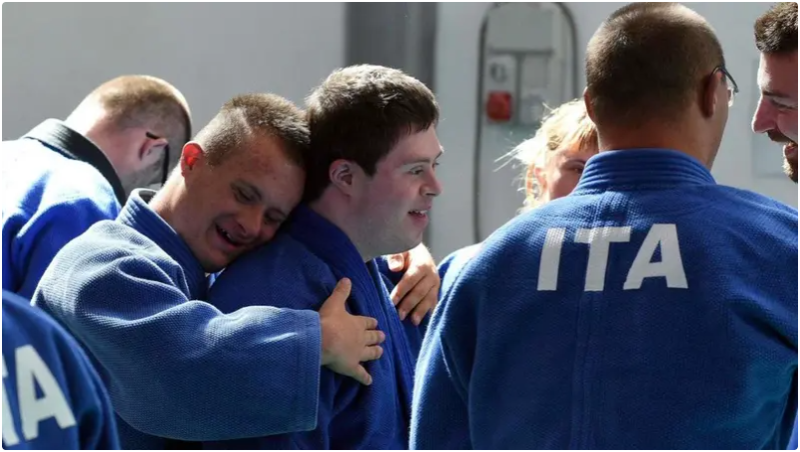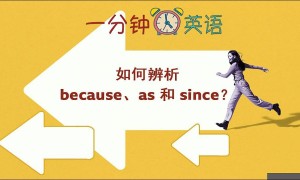A legal case was recently filed in court made by a husband against his wife. It felt like a scene from an absurd movie. In this case, the husband required compensation for the financial and emotional distress that she had caused him. His wife dared to have a baby girl with Down Syndrome. It's preposterous on many levels, but evidence of ignorance surprises me daily.
Of course, having a child with a disability can be financially and emotionally taxing. Working at a school that integrates children with disabilities and learning difficulties, I can see the toll on parents. However, in 12 years of working at my school, I have never encountered a parent who required financial compensation due to any emotional stress caused by their children.

The mother that brought the case revealed several interesting facts about her husband's alleged “distress.” The girl with Down Syndrome that caused her father this immense suffering passed away two years ago. Furthermore, the girl had only lived for 24 days. Setting aside the fact that the baby carried her father's genes, too, having a child with a disability shouldn't be considered an excuse to rid oneself of the child.
The judge dismissed the case against the mother. Yet, the father didn't relent and filed another lawsuit requesting money from the mother, who wrote a children's book with her daughter's name. The father required that she remove their daughter's name from the book. The second case is under consideration. However, I have faith that any judge will perceive the reality of the father's claim as a pursuit of easy money motivated by a grudge towards the mother.
Though this case is somewhat of an anomaly, it says something about some parents' perceptions of their disabled children. In Egypt, there is a concerted effort to celebrate the achievements of special needs individuals and ensure their meaningful inclusion in society. The government spearheaded this effort that dedicates events to individuals with disabilities. Nevertheless, a chasm exists between government efforts to allow these people to integrate meaningfully within society and some parents who believe their child with a disability is a burden. The gap is significant.
The case filed by the father recalled a very different parent with a special needs child.
Last month, I attended our school's commencement ceremony. The event was inspiring on different levels. Not only because it was our first ceremony since COVID-19 but mainly because of the parent that was being honored. She was the mother of a young man with a disability. The speech she delivered brought tears to the eyes of everyone present. Her address was sincere and sober, and the difference in attitude between her feelings and the father in question couldn't be more significant.

She took us through all the ups and downs of her journey, beginning with the moment of realization that her son was different. She mourned these moments, thinking she would never enjoy being a caring mother. Her speech ended with the story of his graduation - an event that she doubted was possible. She spoke not of her drama but of the gifts and the support she received because of her son. She said her son was once called a gifted child, "but I think of myself as a gifted mom." she thanked every person who supported her or her son. Every person tried to unveil her son's capabilities that she never knew existed. Her joy, sorrow, and pride were absolute.
The difference between both parents exemplifies the difference in societal perception. A community can believe that a special needs child is a gift. That community can offer the parents the support necessary for that child to achieve their full potential. The parents must also believe that having a different child doesn't necessarily mean they will be automatically ostracized or are themselves not a burden.
Then there's another type of community and another type of parent. The community looks with disdain at a child with different features and different abilities. The parents feel they should hide this child like a dirty secret because their presence insults them.
We must educate parents of children with disabilities and society about the positives. As an educator, I can vouch for a positive change for special needs children. Yet, if some parents are ashamed of their children, we still aren't doing enough.







